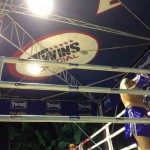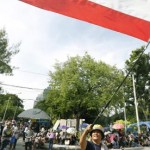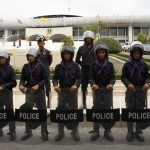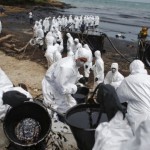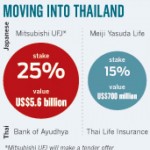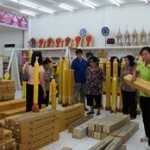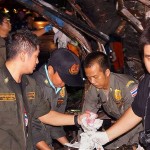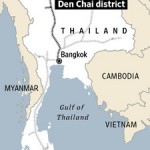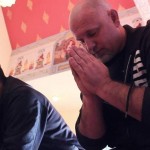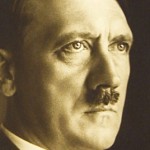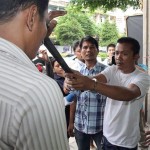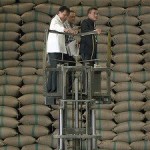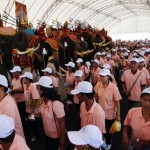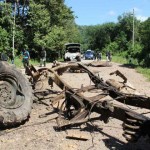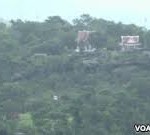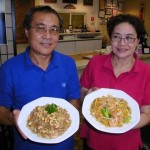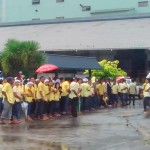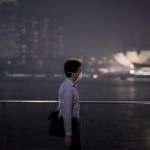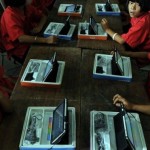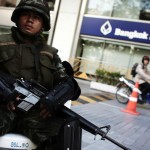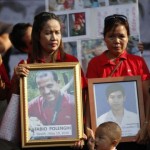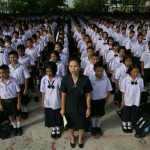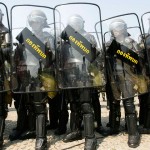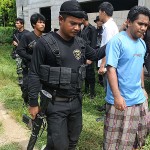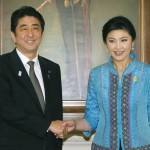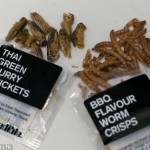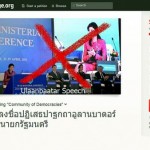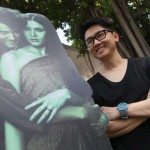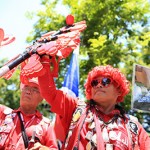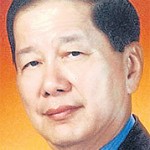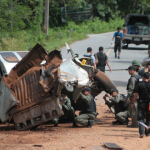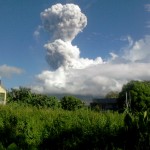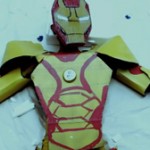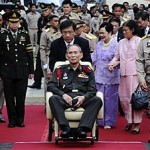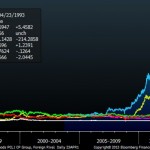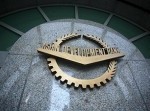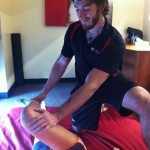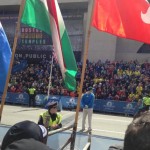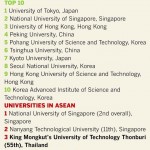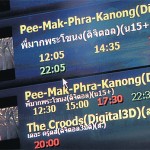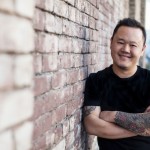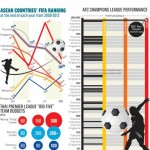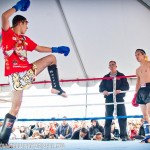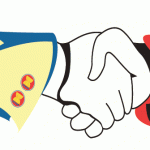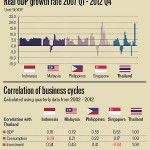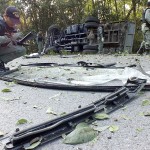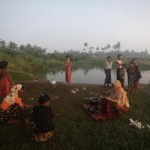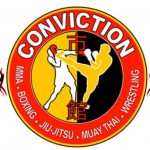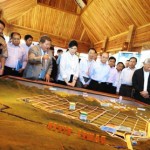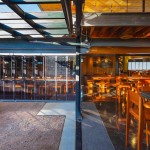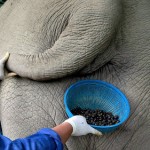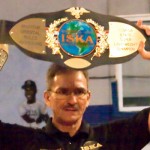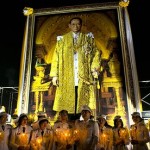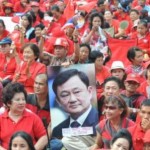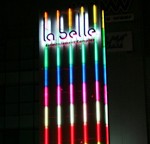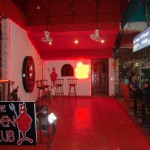Chi Tan Thai’s 1978 journey to Toronto as one of Vietnam’s “boat” people
 From There to Here is an occasional series on the people who have come to the GTA from all over the world. See below for more.
From There to Here is an occasional series on the people who have come to the GTA from all over the world. See below for more.
Chi Tan Thai, a 53-year-old businessman in Toronto’s Chinatown who owns and runs an optical store, came to Canada in December 1978 as one of the thousands of “boat” people who left South Vietnam after the Communists took control. Desperate to leave, Thai and his five siblings, who hail from Cholon, found safe passage on the Hai Hung after one failed escape attempt. Their father and youngest brother remained behind. Thai and his siblings — along with about 2,000 others seeking asylum — sailed in international waters for 30 days looking for a country that would provide them with a new home. Eventually, they were rescued by the International Red Cross off the coast of Malaysia. When news broke of their journey, Canada opened its doors to 200 of the passengers.
Q: Why did you leave Vietnam?
A: “South Vietnam had a war with North Vietnam for about 30 years. In 1975 South Vietnam lost. The communists came. They arrest my father for almost three weeks. Then he got released. Then they sent people to our house. They monitored us . . . At night they wake you up and ask you where do you hide all your jewelry, your gold. And when you eat, they check (that) you eat very plain. Finally one day, they all come in, they ransacked the house. They check each corner, the light fixtures, everything. They tried to find jewelry. Then they kicked us out.
Q: How did you escape?
A: Before dawn, the bus came to take us to one of the hiding places. At night, the bus drove us to a secret place where there was a ferry. From the ferry we were transported to the ship that was waiting. We were pretty lucky because the ship was a cargo ship. But the conditions were bad. There were around 2,000 people on boat. The Captain decided we stay in international water near Malaysia. Many countries respond and Canada takes 200 from that ship. I didn’t even know what was Canada. In my mind in the picture, I saw some RCMP and some snow. I don’t even know where was Canada?
Q: What happened then?
A: We took ferry to Malaysia and airport. Then (the) Canadian government sent a plane. When I was on the way I lost one of my flip flops. I only had on the airplane one flip-flop. On the airplane they gave everybody a sweater. Then we stopped at Japan, Alaska and Montreal. We go to the army camp there. I had to hop because of the snow.
Q: How did you feel upon arriving?
A: The Canadian government is so generous. Even now, I don’t think we can pay back. After we take shower, they put all the food in front of us for us to eat. I think it was the middle of the night. The next day, they bring us to a gym — all the supplies are there. Coats, sweater, pants. They ask me: Speak French? I said no. So they sent me to Toronto. But I didn’t speak English either.
Q: What did you think when you saw Toronto, the snow, the cold?
A: You know emotional, exciting. I don’t know . . . mixed feelings, especially near Christmas. Back home, (on) Christmas Eve the whole street is packed. But here, we said ‘It’s Christmas Eve, let’s go out.’ We go out; the whole city was so quiet. It was totally different.
Q: How did you make a living?
A: Back then . . . they would send you for six months to ESL training. I don’t know when it came to my turn; my family, because we had five, four of them go to school, my older brother go to ESL training. He said: ‘You go to work.’
Q: Where did you work?
A: I went to work at a factory, a silver-plating factory where Wayne Gretzky’s bar is now. I was polishing silver-plated cutlery, pepper shakers. I cried the first day. I went home, I was crying. I sat there and I tried not to . . . ”
Q: How did you reunite with your father?
A: After we’re in Canada, we telegrammed him (that) we’re OK. He went to the Philippines. The International Red Cross helped us find him. Then we let the government know our father is there. In April 1979, they brought him here.
Q: How did you come to open your own business?
A: In 1980, my father and a friend, they opened a supermarket. Two years later, it not work out. My father opened another one. My father said, ‘Why don’t you come and help.’ I said OK, as long as I learn something. I stayed a few years. I think no, that’s not my career. I went to a free market on Sunday to sell Chinese arts and crafts. Then by chance, somebody asked me, do I want to open an optical store? I said OK. I really have a passion for the job. The first year was bad. Basically we had no salary for the first year. The way we live is very simple. You don’t eat out. You have a place to sleep. It doesn’t matter where. If you have a place to sleep and two meals you’re good. Money you don’t need. That’s how you survive.
Q: What would you tell a newcomer coming to Canada today?
A: If you come here and work hard, step by step I believe you’ll make it no matter what. As long as you try hard and never give up. Never give up. I’ve failed a few times, but I never gave up . . . I’ve been here for 34 years.
Q: Is there anything you would like to add?
A: I’ve never had a chance to say thank you to the Canadian government and the people . . . I want to say: ‘Thank you for the kindness to give us a second chance.’
From: http://www.thestar.com/news/gta/article/1307246–from-there-to-here-chi-tan-thai-relates-his-1978-journey-to-toronto-as-one-of-vietnam-s-boat-people











